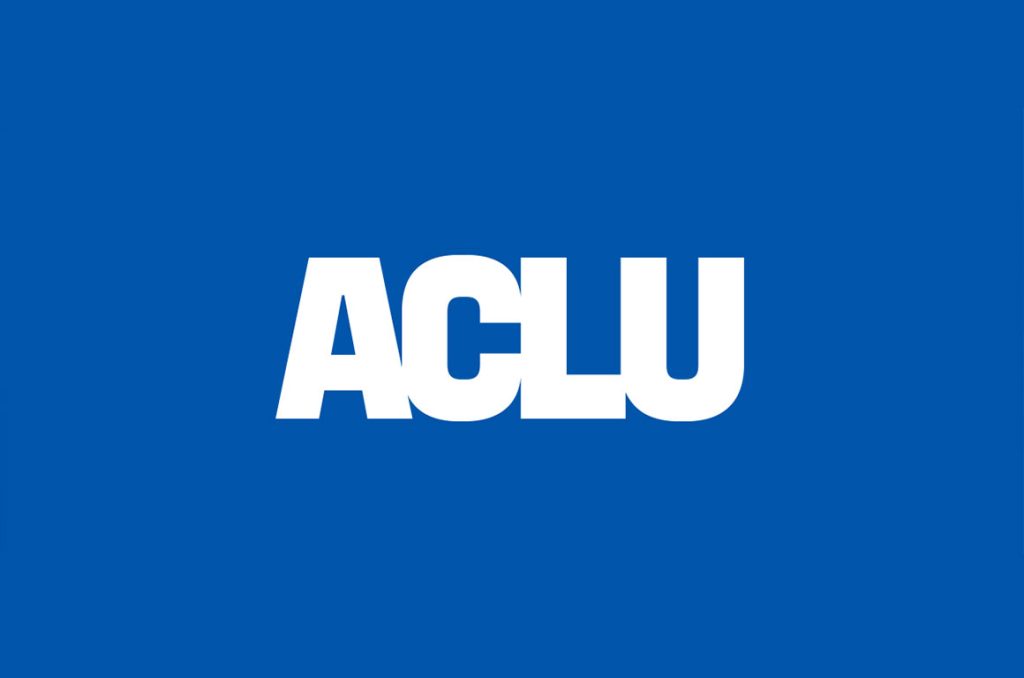Understand Your Rights. Solve Your Legal Problems


The American Civil Liberties Union (ACLU) took legal action on Monday against President Donald Trump’s executive order aimed at abolishing birthright citizenship, a principle enshrined in the U.S. Constitution for generations. The order, which was one of Trump’s first moves after his inauguration as the 47th president, declares that children born in the U.S. will not automatically receive citizenship if their parents are "unlawfully present" in the country or hold temporary legal status, such as work or student visas.

President Donald Trump (@realdonaldtrump Instagram)
President Donald Trump had promised to end birthright citizenship during his campaign, despite widespread legal concerns about its feasibility. The 14th Amendment, ratified in 1868, ensures that anyone born in the U.S. is a citizen, irrespective of their parents’ legal status. The ACLU's lawsuit argues that the executive order violates this constitutional right.
ACLU's Response
Anthony Romero, executive director of the ACLU, condemned the order, stating: "Denying citizenship to U.S.-born children is not only unconstitutional -- it's also a reckless and ruthless repudiation of American values. Birthright citizenship is part of what makes the United States the strong and dynamic nation that it is. This order seeks to repeat one of the gravest errors in American history, by creating a permanent subclass of people born in the U.S. who are denied full rights as Americans."
View this post on Instagram
The lawsuit was filed in the U.S. District Court for the District of New Hampshire and represents immigration rights organisations advocating for expectant parents with diverse immigration statuses. The ACLU claims the order will create a permanent underclass of individuals born in the U.S. who would be denied essential legal recognition.
The 14th Amendment and Its Historical Significance
The 14th Amendment, which became law after the Civil War in 1868, was designed to grant citizenship to those born in the United States, including children of formerly enslaved Black Americans. The principle of birthright citizenship was upheld by the Supreme Court in 1898 in a landmark ruling, ensuring that children born to immigrant parents were entitled to U.S. citizenship.
Potential Consequences of the Executive Order
The ACLU's lawsuit highlights the potential consequences for children born under this policy, who would lose their right to vote, face the possibility of deportation, and experience heightened scrutiny regarding their citizenship status. The suit warns that this could especially harm children of colour, who may face persistent questioning of their citizenship.
“By attacking the principle that all children born in this country are citizens, the order will invite persistent questioning of the citizenship of children of immigrants -- particularly children of color,” the lawsuit states.
It also points to the fear and harm experienced by families, particularly those concerned that their children's removal could lead to deportation to countries where their lives or freedom could be at risk.
Governors and State Responses
The executive order has sparked strong opposition, with Democratic governors across the country voicing their objections. California Governor Gavin Newsom quickly labelled the order unconstitutional. Illinois Governor JB Pritzker warned that this could be the start of efforts to undermine the rule of law, vowing to oppose any unconstitutional measures. New York Governor Kathy Hochul also stated that the state is evaluating the order and will take action to ensure that those born in New York have the rights and protections granted to previous generations of Americans.
President Donald Trump consistently sought to challenge birthright citizenship during his tenure. Birthright citizenship, established by the 14th Amendment of the U.S. Constitution, guarantees that anyone born in the United States automatically becomes a citizen, regardless of their parents’ immigration status.
Trump first raised concerns about birthright citizenship during his 2016 campaign, promising to end the practice as part of his efforts to curb illegal immigration. He argued that children born in the U.S. to undocumented immigrants should not automatically receive citizenship.
In October 2018, Trump pushed forward with a proposal to end birthright citizenship via an executive order. He claimed that he had the authority to make this change, despite widespread legal disagreement. Many experts, including constitutional scholars, argued that altering birthright citizenship would require a constitutional amendment, not just an executive action, due to the protection it holds under the 14th Amendment.
The proposed executive order faced significant opposition, with organizations like the American Civil Liberties Union (ACLU) filing lawsuits, asserting that such a move was unconstitutional. This sparked a legal battle, but Trump’s efforts to unilaterally end birthright citizenship ultimately did not succeed, highlighting the ongoing debate and division over U.S. immigration policies. Birthright citizenship remains protected by the U.S. Constitution.


